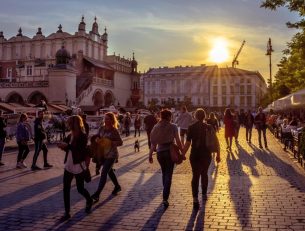The idea of responsible travel is one that, here at Not In The Guidebooks, we hold to the upmost importance. For a long time, the tourism industry has had less concern for the ‘destinations’ it was sending people to than it should, focusing instead on providing the best possible experience for their customers, no matter what the cost.
A useful exercise for understanding responsible travel is acknowledging the fact that when you visit a beautiful island paradise or a mind-blowing mountainous landscape, you are also visiting someone’s home.
And the thing we need to keep foremost in our minds when visiting a home is the people that live there. Quite simply, responsible travel puts the locals first. It ensures that travellers work together with hosts and local residents to ensure that they actually benefit from travel, and aren’t left suffering as a result of it.
This is the concept that our entire brand is built off. We believe that travel done the right way can bring benefits to both travellers and locals, and bring the world closer together through a mutual respect and the shared goal of a more sustainable, fairer future.
What Exactly Is Responsible Travel?
Responsible travel is, essentially, leaving a place no different or better than when you arrived there. To wrap your head around what responsible exactly is, try considering what springs to mind when you think about irresponsible travel.
Irresponsible Travel
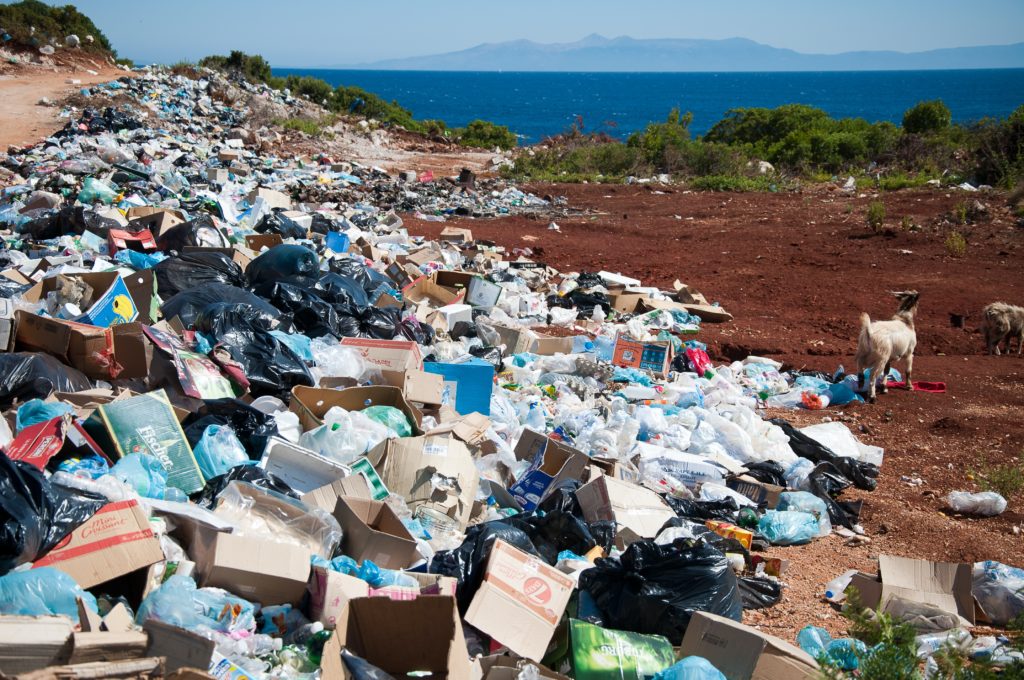
To us, irresponsible travel is travel that damages communities and ecosystems, that doesn’t support the local people in any economic sense, or dilutes and takes away traditional ways of life that the locals have been practicing for generations.
For example, huge chain hotels built in a travel destination don’t only damage the environment in a massive way, they also mean that travellers’ money, your money, ends up going to the internationally owned hotel chain instead of directly to the people that live there.
Really big facilities can put a strain on local resources such as water and energy usage, leaving the locals short whilst the paying tourists enjoy whatever they need. These facilities also produce an enormous amount of waste, and large crowds tend to leave trails of rubbish wherever they go, putting yet more strain on the local community’s waste management services.
The impact of overtourism can often leave communities overwhelmed, unable to either accommodate such huge numbers of people. This leaves large companies the opportunity to swoop in and essentially take over the commodity (the destination) and run it how they see fit.
Locals can often find themselves pushed out of restaurants, priced out of accommodation, or simply alienated by large groups of tourists when overtourism occurs. Think cruise ship crowds overwhelming Venice, busloads of tourists flooding a rural village on a hop-on/hop-off tour of India…
These are the practices we need to avoid if we’re to bring travellers and locals together for mutual benefit.
Responsible Travel Experiences
Responsible Travel
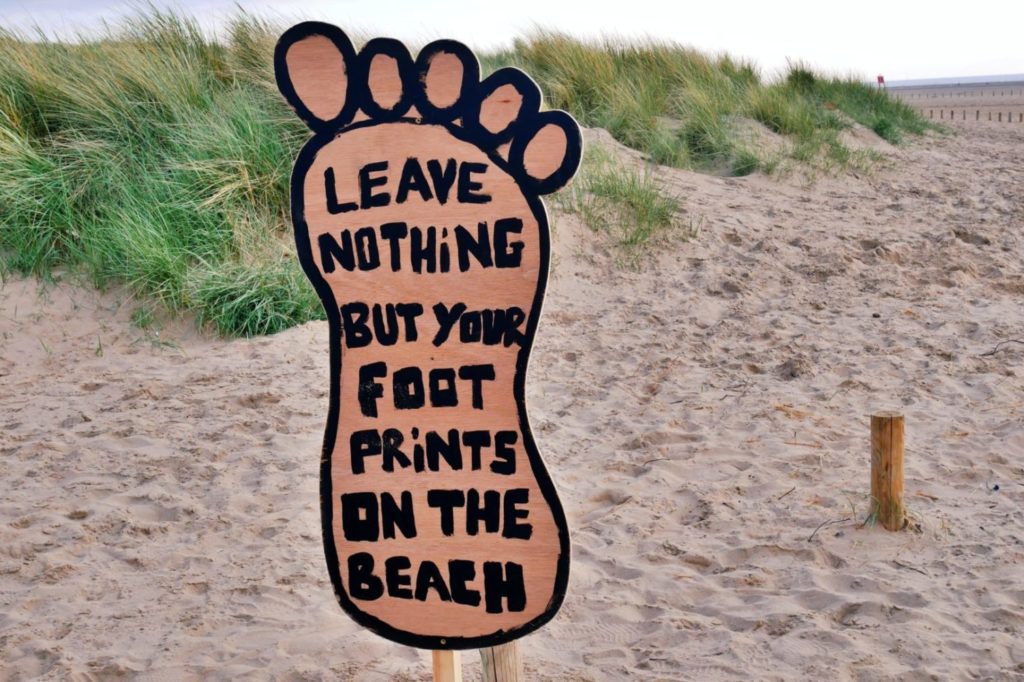
So in terms of responsible travel, it all starts with treating the locals and the local environment with respect, and ensuring your presence doesn’t become a burden for anyone.
Staying at small, independently run B&Bs or homestays means that your money goes directly to those individuals and into the local community. Finding local, independent hosts and guides to take you on unforgettable experiences means they truly benefit from tourism, and you help support the people who are welcoming you into their home.
We’re seeing a trend towards this kind of travel, only exacerbated by the Covid-19 pandemic. People are now far less interested in big bus tours or resorts that you arrive at and don’t leave for two weeks.
After a year of being frustrated and unable to travel, there seems to be a demand and a thirst for a different kind of holiday, one which gets you to the heart of a culture and a community and allows you to really experience a place like a local.
We believe this trend works hand in hand with responsible travel. People want to see and experience what the locals do. Where they love to eat, where they live, what they do in their spare time, the little quirks only someone who has lived in the area could know, these are all things that travellers, we believe, will want to experience as we move into 2021 and beyond.
And the locals are the very people who can benefit from this trend. They are the ones that travellers will seek out to help them experience the best of their homes, and support them in the process.
But it can be daunting to many to find these reliable, passionate local guides and hosts, especially in more exotic locations. This is where we come in, to help promote and support responsible travel.
How Do Not In The Guidebooks Promote Responsible Travel?
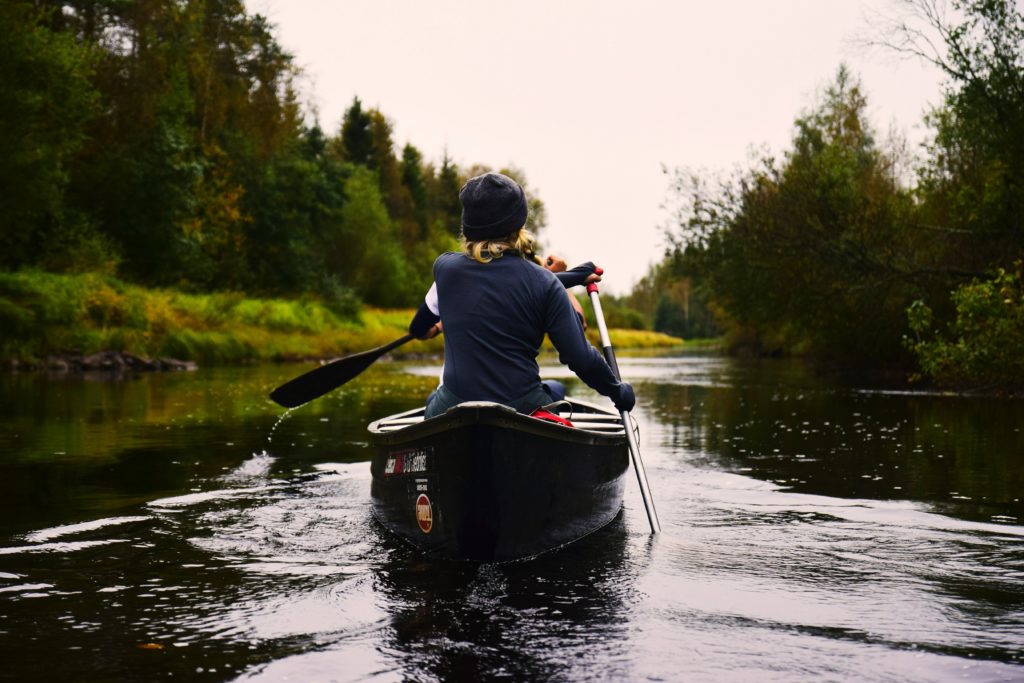
Here at Not In The Guidebooks, we only promote tours, experiences or retreats that are run by small independent businesses or local individuals. We find you the most authentic, off the beaten track, locals things to do and quirky places to stay, and put you in touch with them so that you can travel in a totally unique way whilst genuinely benefiting the community you are visiting.
Whether it’s a simple city tour in London or an all-encompassing adventure around Cambodia, you’ll be meeting the locals who love their city or country with real passion that shines through as you experience the world with them.




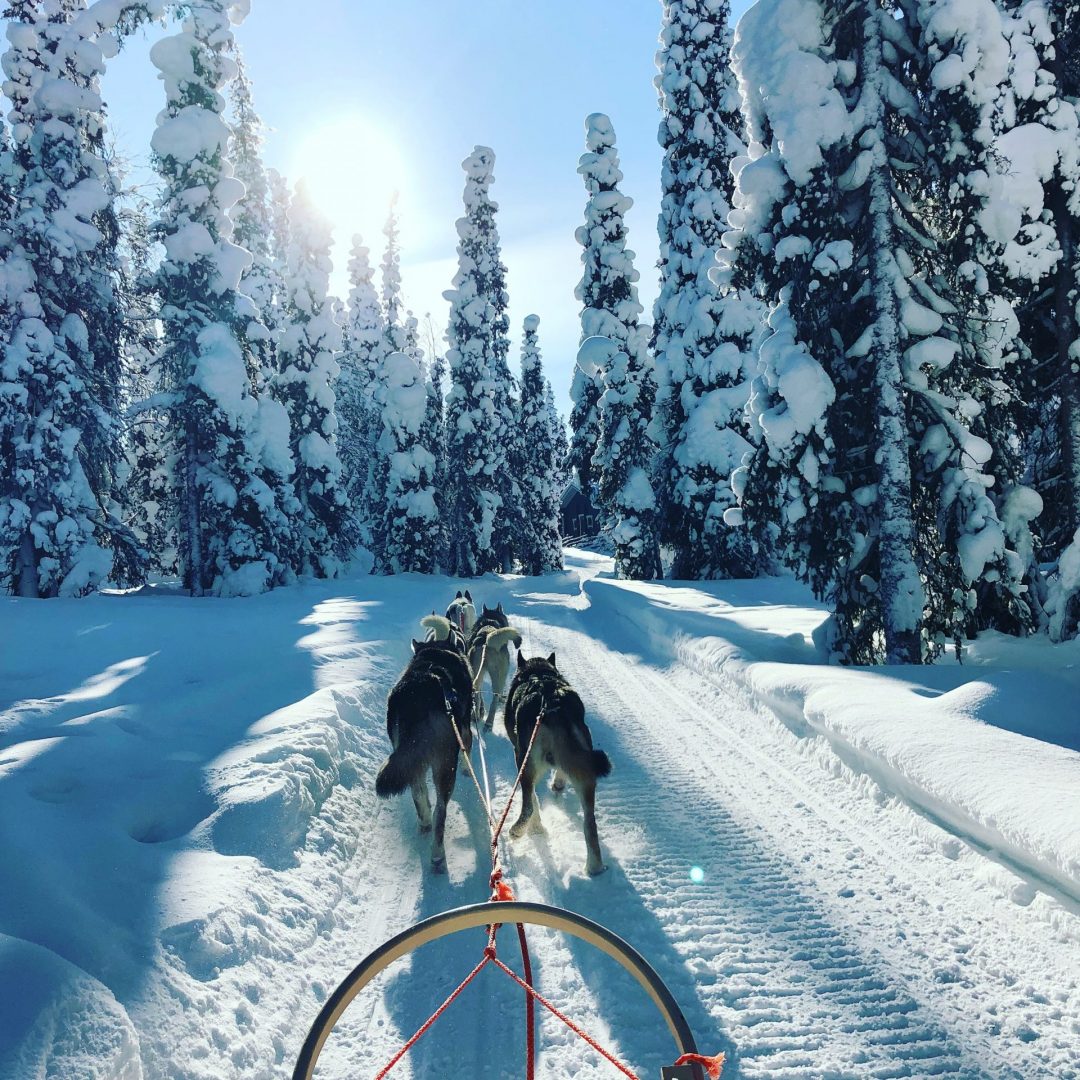
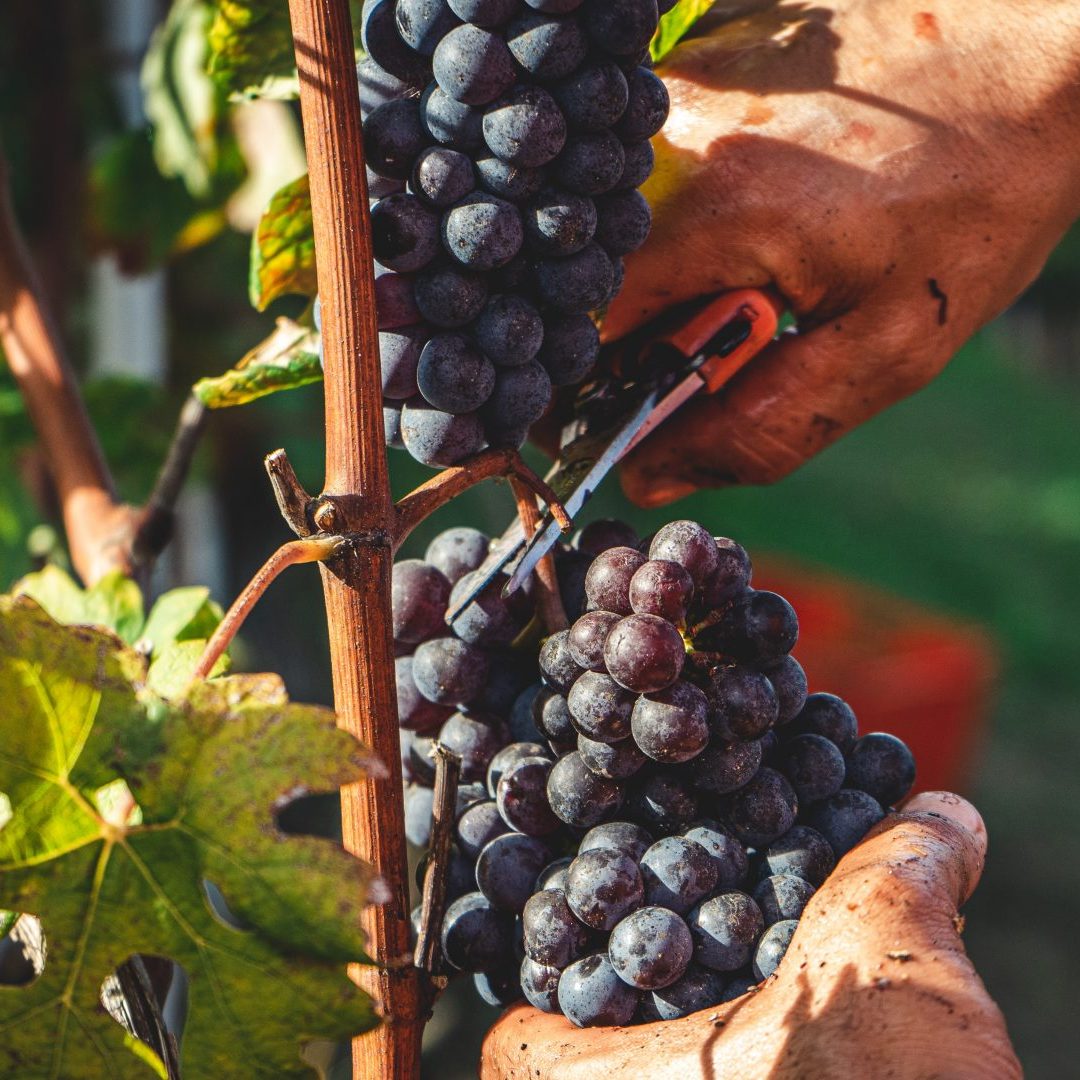
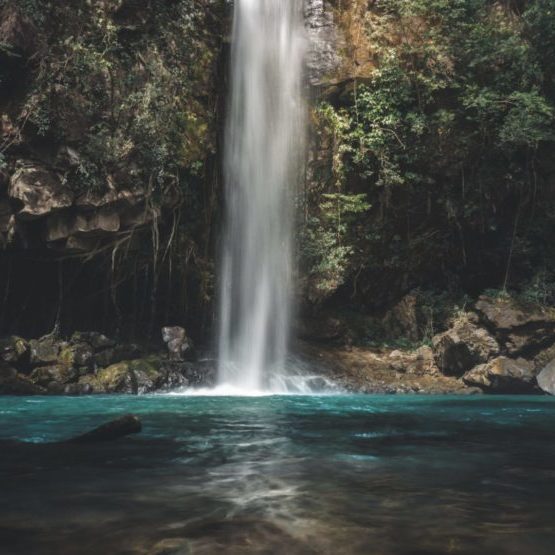
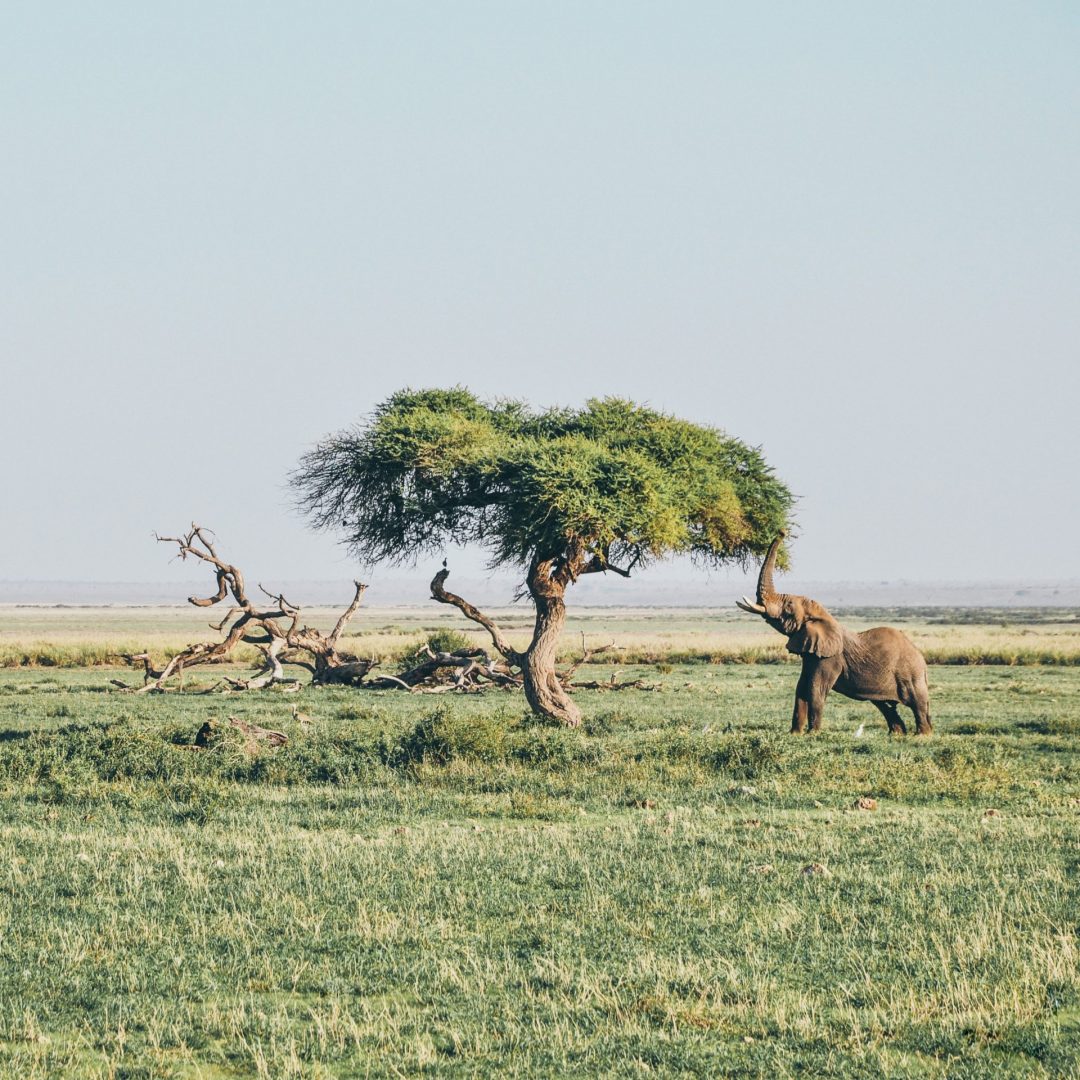

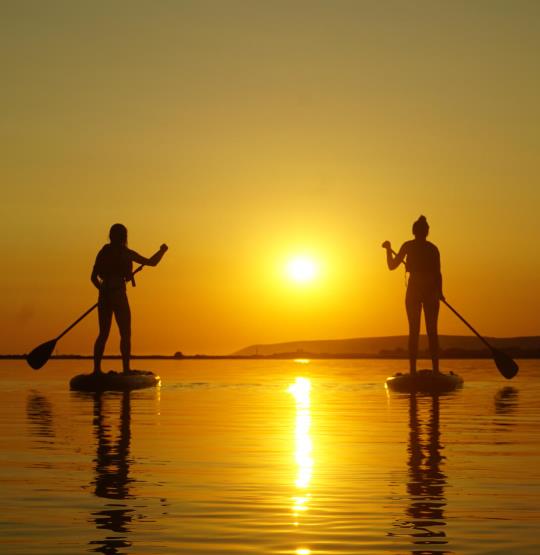
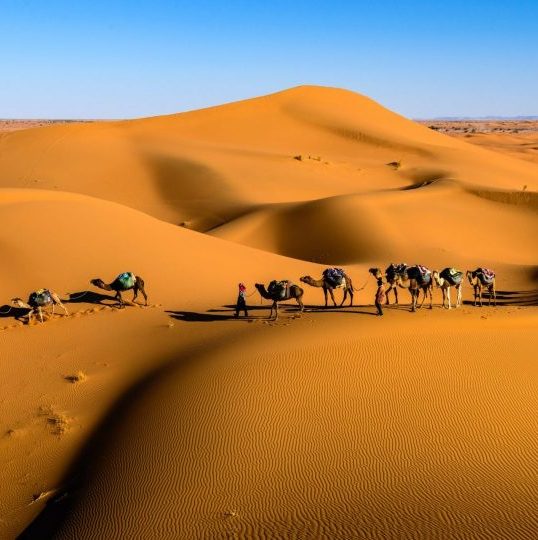
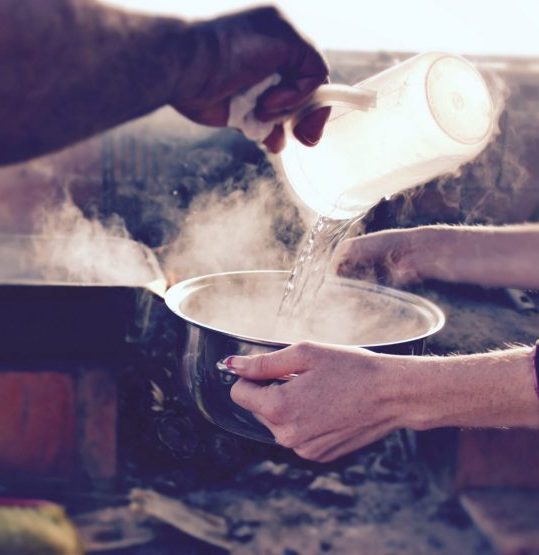
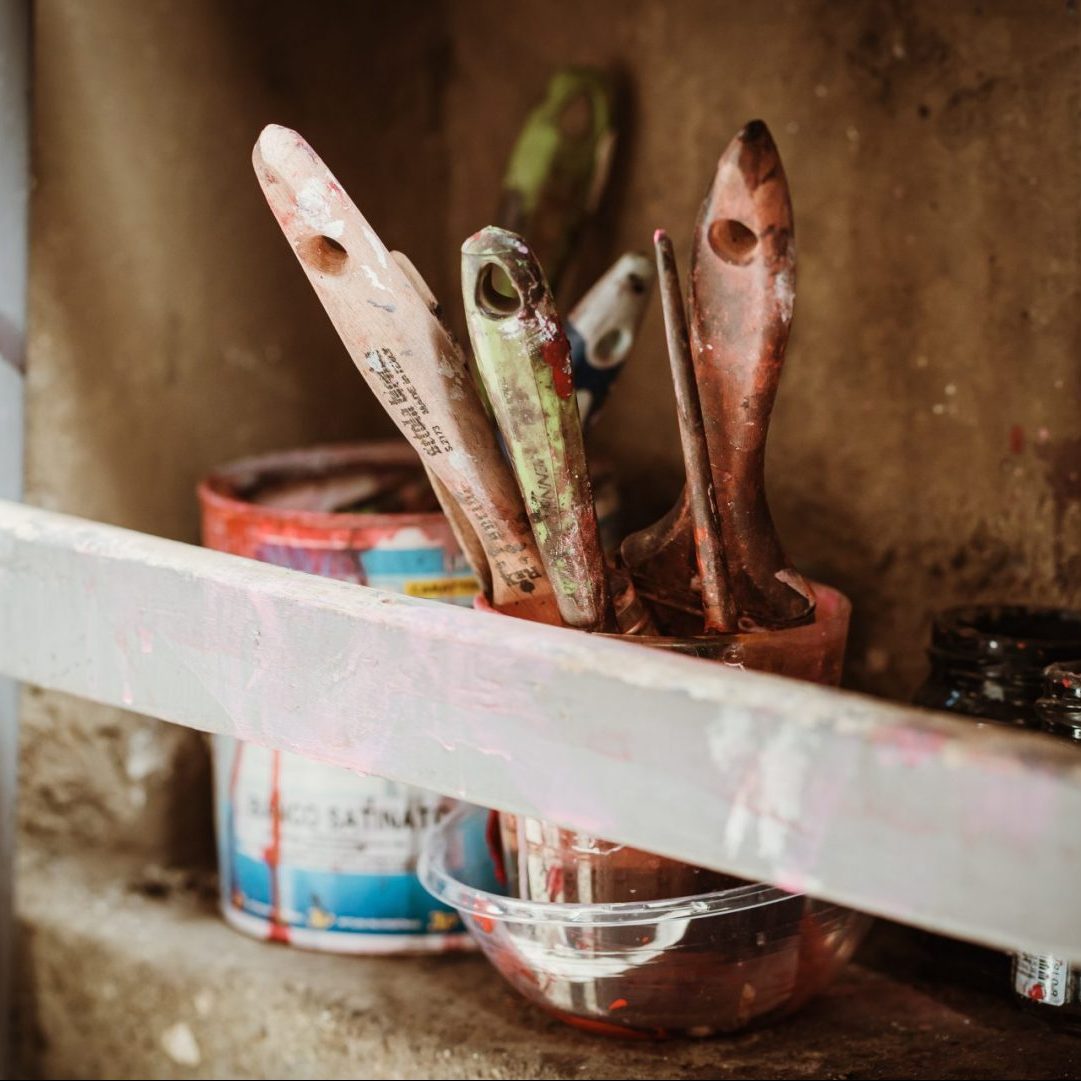
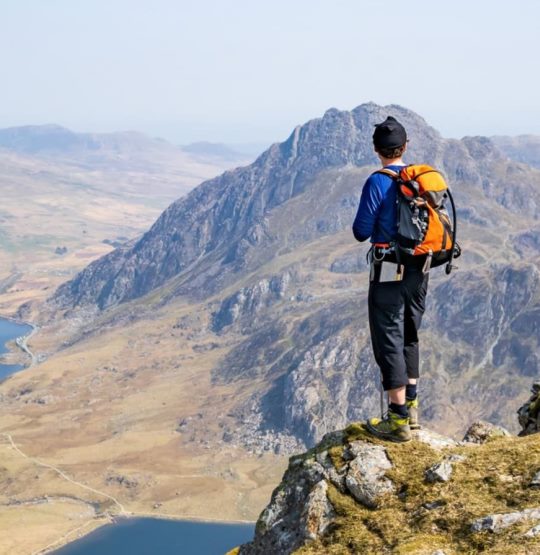
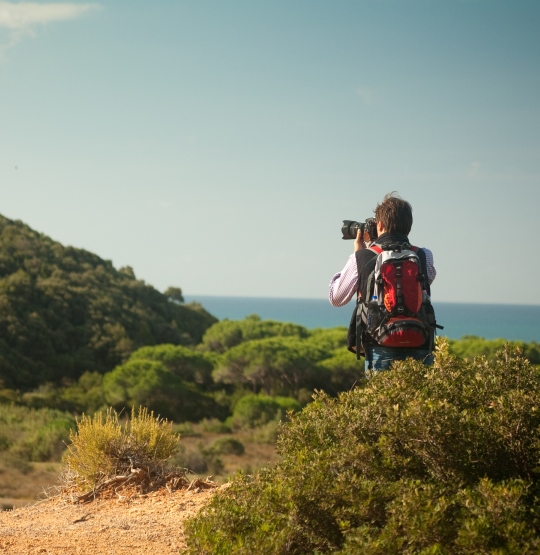
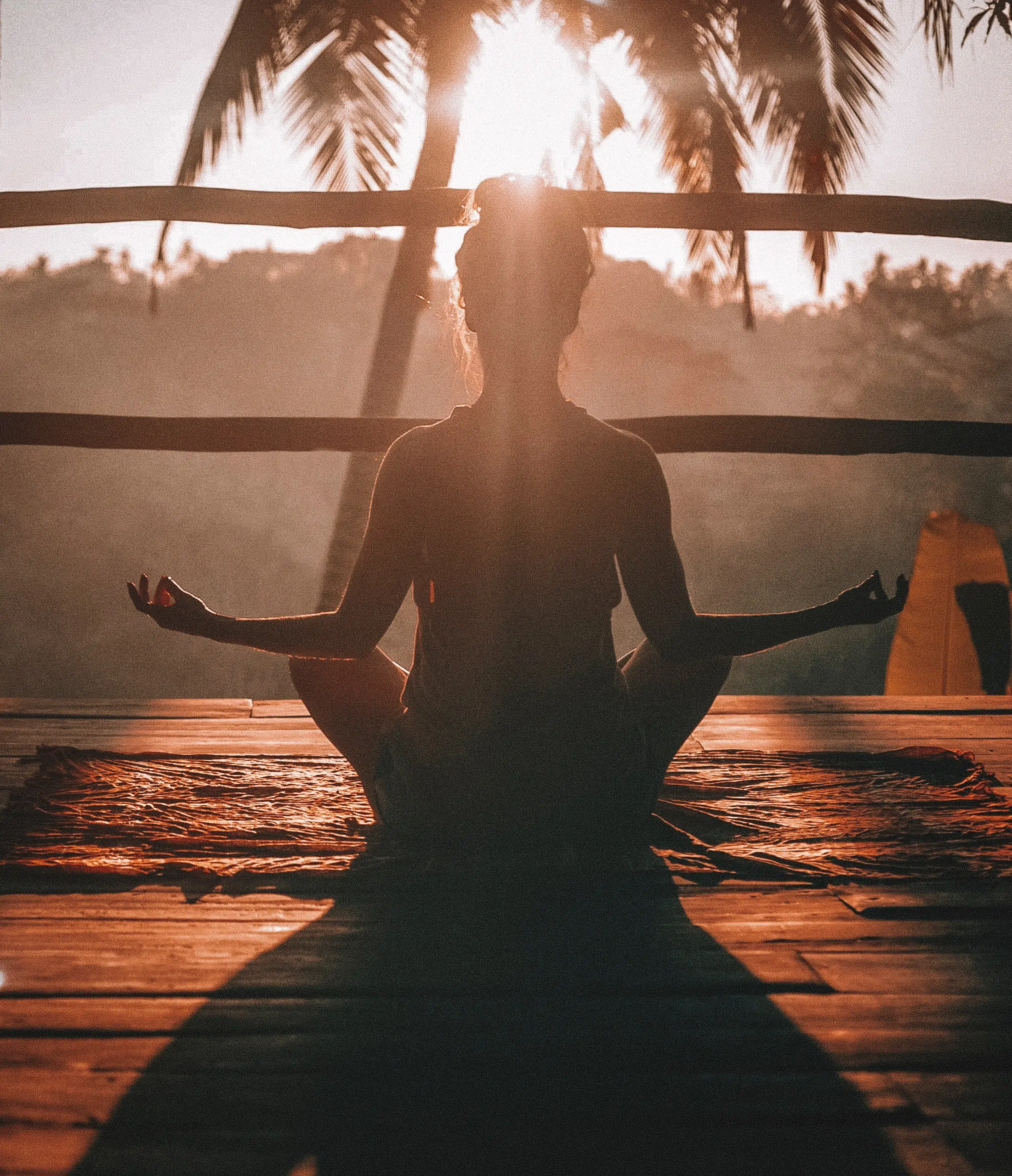

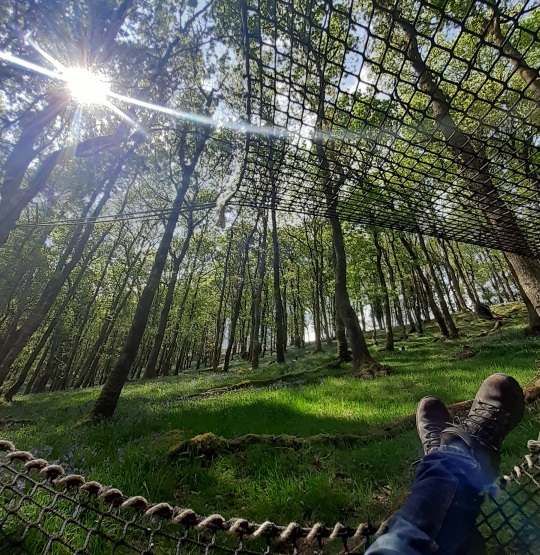

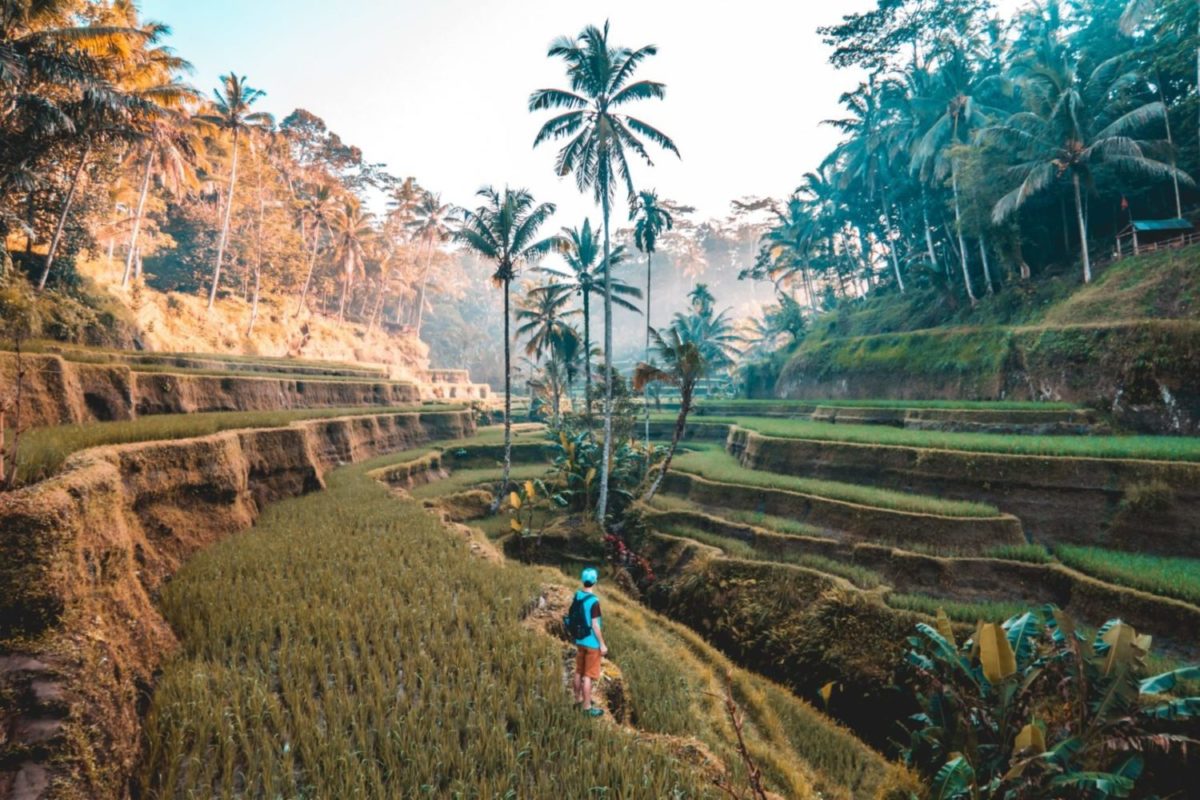


 Siem Reap
Siem Reap 

 10/12/2020
10/12/2020 